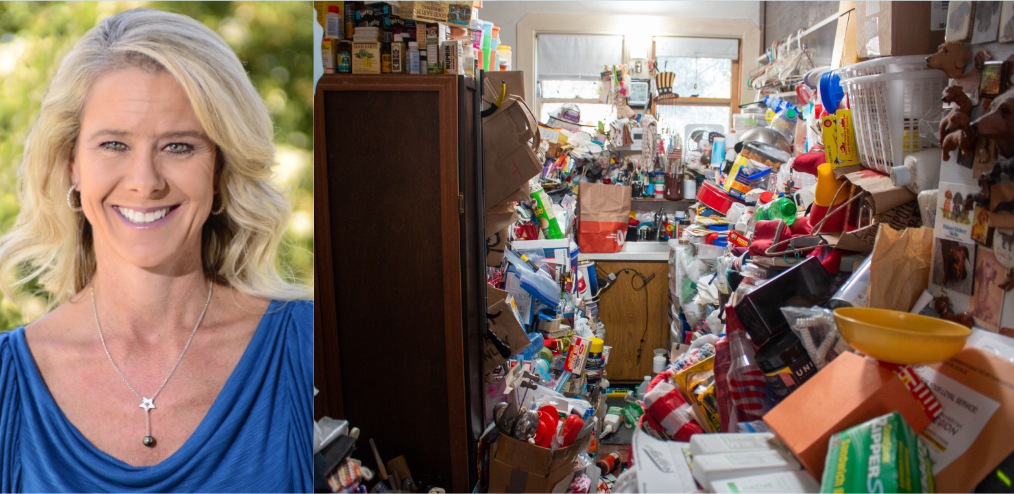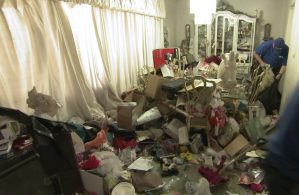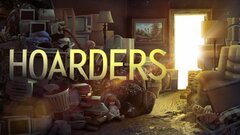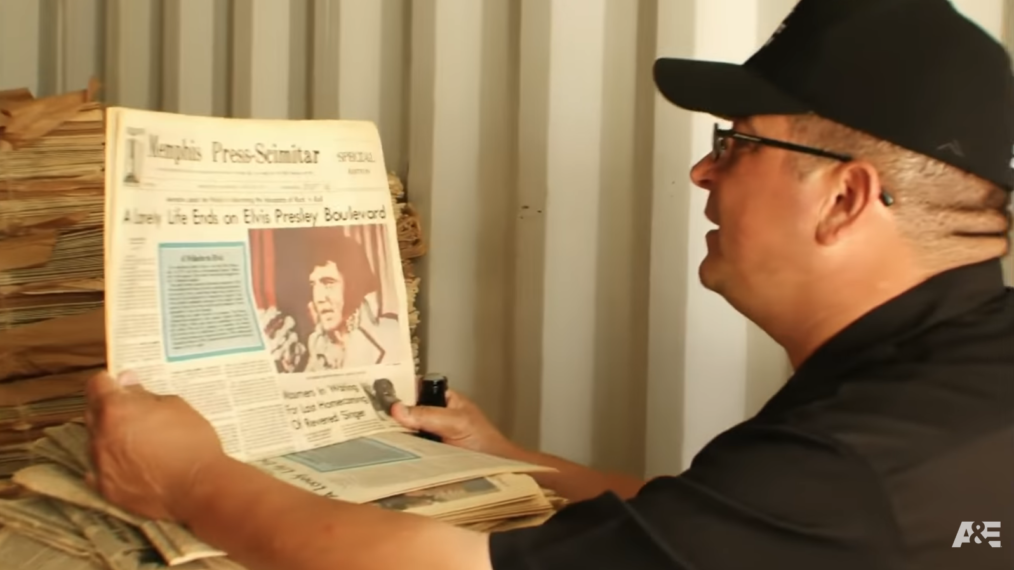‘Hoarders’ Psychologist Dr. Robin Zasio on Warning Signs You May Have a Problem

Q&A
Prepare to be shocked again with a new season of Hoarders, the long-running A&E series which tries to help individuals who can’t let go of even the tiniest of possessions.
For show resident expert Dr. Robin Zasio, the process extends more than just cleaning the house but finding the root of the issues and helping people reclaim their lives. The licensed clinical psychologist, who has tackled around 100 cases on the series since season 2, finds no situation quite the same. Ahead of the new season premiere, Dr. Zasio sits down with us to shed light on the warning signs you may be turning into a hoarder and her process of providing the tools for hoarders to make lasting change.
Has your approach to hoarders changed over the years?
Dr. Robin Zasio: I think in the beginning when we first started, there was a real sense of urgency to have people get as much done as we could. We wanted to have that house in perfect condition when we left. But I think over time we’ve seen much more complex cases of people really struggling. We’re seeing a lot of trauma, and depression that have been contributors to their hoarding problems. Essentially, I think we’re really working towards being able to spend more quality time with them. Looking at the etiology of what led to this problem. Even though getting their house in order is the goal, I think what we are finding more of is people are needing more time with the therapist to process and talk about the things that led to the problem…If we don’t identify what has led to the problem then the risk for them to go back into that behavior is very high. We don’t want to see that.

What are some warning signs that you tell people to think about so they don’t reach the extremes of what we see on the show?
I start out with the question of whether are you seeing an increase in clutter in your home. Are you finding that it’s harder to move about in your home because of the stuff? Are you avoiding areas of your home because there is too much stuff that prevents you from engaging in the activities you were previously able to engage in? Are you finding your bed is covered and sleeping on the couch because it’s too much work to move all the stuff and don’t know where to put it all? Are you finding you’re doing more home delivery of food because the countertops are full, dishes in the sink and you’re feeling overwhelmed with how to navigate getting your home in order? I also think a big one is do you find family members or other people who are important to you are starting to express concern about the amount of stuff in your home. Are they starting to feel frustrated because of the clutter? Are you avoiding having people in the house because you are worrying about what they think of the clutter?
What’s a story that stands out to you from this season or a recent one?
There was one that was just heartbreaking. There was a gentleman [Paul] who was an art dealer and completely filled up his house with his purchases. His partner had died and as a result, became a total recluse. We ended up, which we normally don’t do, having a sidewalk sale of his paintings to where people would come by, and we would price them out. It was really important for him to feel his artwork was going somewhere rather than going to the dump. He was a very nice man, very heartbroken over the death of his partner but very motivated. He knew he could not honor his home because there was so much stuff. Piles and piles. Even though they had value, he couldn’t value the items personally because they were just shoved in a room that wasn’t accessible.
Tell us a little bit about your process.
All doctors have their own ways how they approach things. For me, I’ll get the call and they’ll send me pictures and the history of the person. A little bit about the family members and how they interact together. I have not had any contact with the hoarder ahead of time. I have not been in their house prior to the viewers seeing me walk in because I feel it is important I have the opportunity for the community to see what my reactions and initial thoughts are. I want it to be as genuine as possible. That way I feel we can have a really clear conversation about what led to this problem
What kind of impact do you think this show has had?
I’ll get emails that really appreciate how I work with them, and my patience, kindness, and understanding…I’m hoping viewers see there are therapists out there that can help them with the problem. There are treatment techniques that can be helpful in overcoming their problem to live in a healthy, clutter-free zone. I think the impact has been profound because there are people who are struggling. They are given some of the tools and techniques they can use. There are so many people that watch and have compassion for people who are hoarding. The impact is that people who have had clutter problems and possibly leading to hoarding behavior can look at the show and go, “Oh my gosh I can see myself heading in that direction. “We are teaching how to prevent someone from getting into a place where things are out of control.”
Hoarders premieres, May 29, 9/8c, A&E








